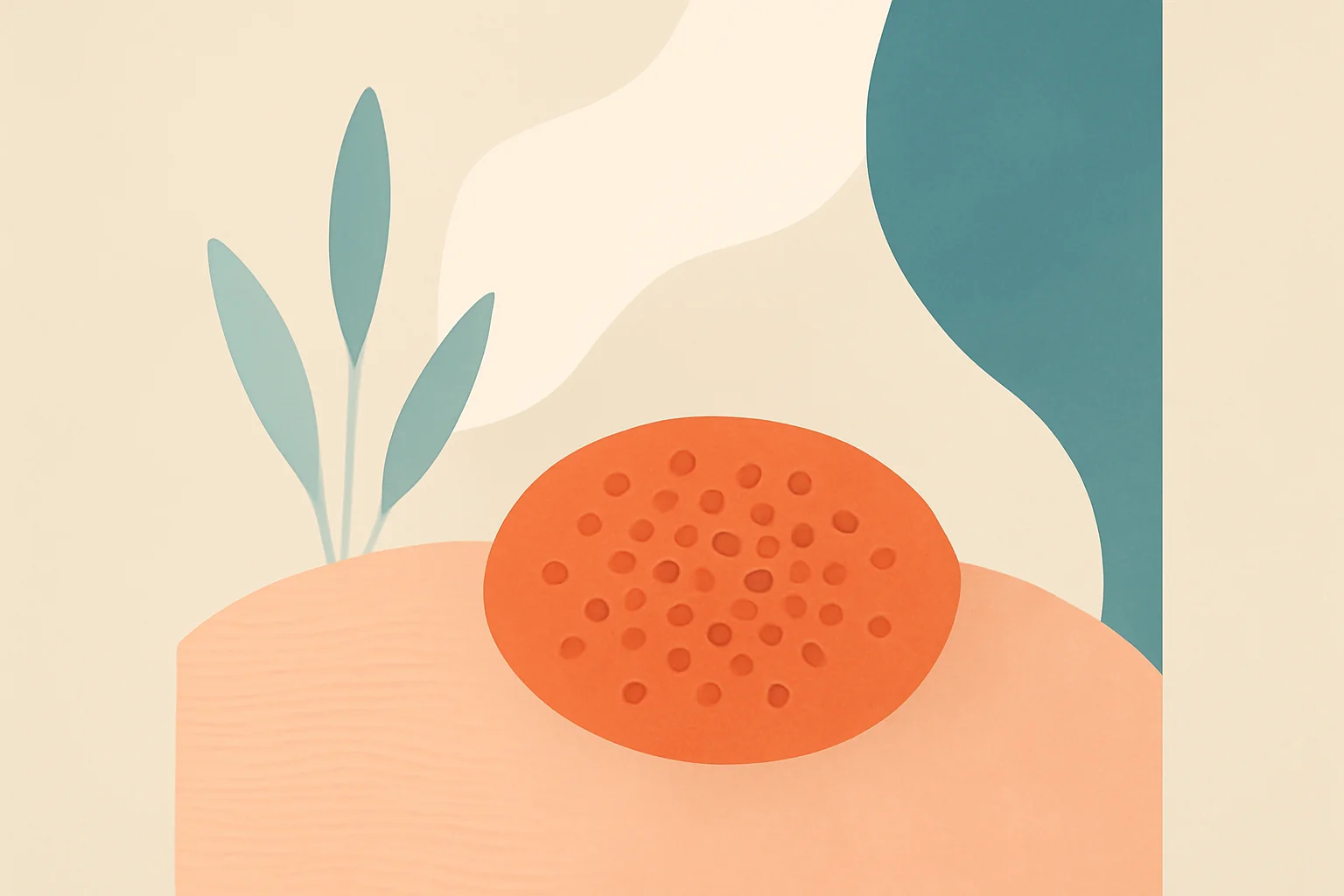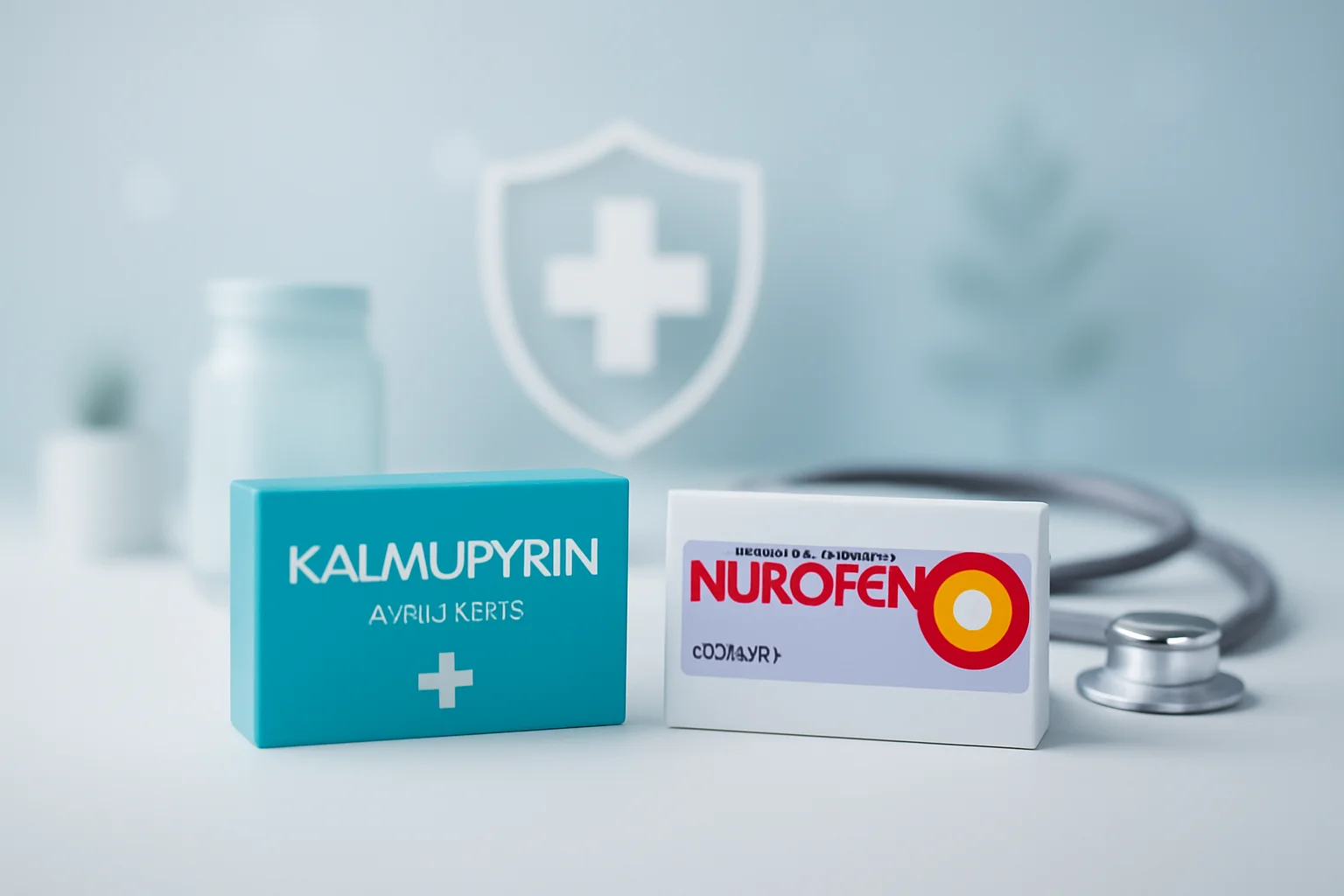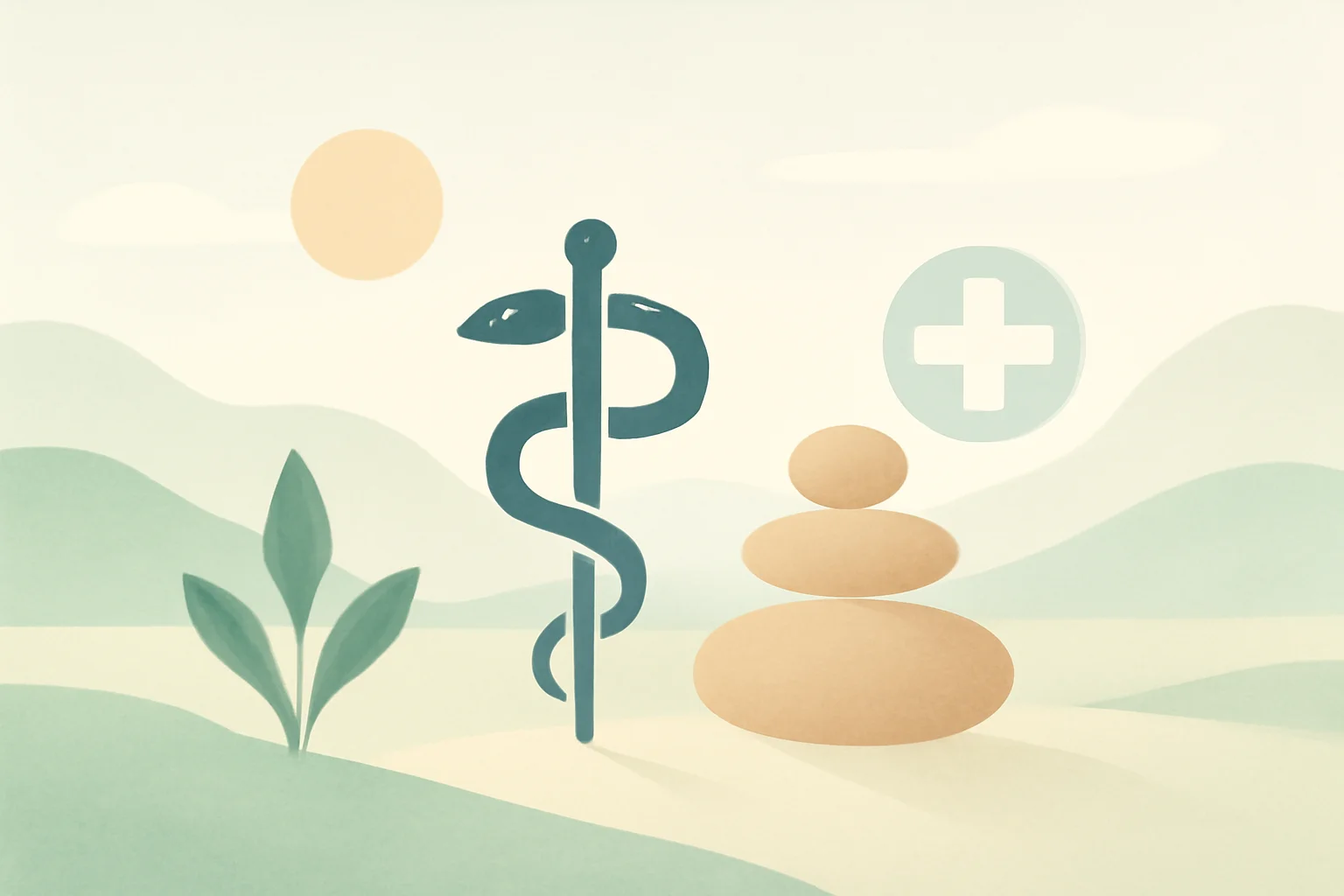
Causes and Treatment Options for Itching and Redness
The itching and redness indicate various skin conditions that can occur in many people’s lives. These symptoms not only cause physical discomfort but can also have psychological effects, as they often evoke feelings of shame or confusion. The skin is considered the largest organ of the body and has numerous functions, such as providing protection against external influences and participating in temperature regulation. When the skin reacts with various irritations, it can be a warning sign behind which many causes may lie.
What Can Cause Itching?
Itching is often a consequence of skin irritation, but many other factors can contribute to its development. Allergens, such as pollen, dust mites, or various chemicals, often trigger itching. Allergic reactions can manifest not only on the skin but also in the respiratory system, so it is important to know what we are sensitive to.
Skin infections, such as fungal or bacterial infections, can also cause itching. These infections usually come with redness and swelling and often require medical treatment. Skin diseases, such as eczema or psoriasis, are also common causes of itching. In these cases, the abnormal functioning of skin cells causes the skin to become irritated and inflamed, resulting in itching.
Stress and anxiety can also affect the condition of the skin. Psychological factors often manifest as physical symptoms, so itching can be a sign of stress. Additionally, certain medications can have side effects that cause itching, so it is important to pay attention to the skin’s reactions during drug treatments.
From these factors, it is clear that itching can arise from various causes, and treatment typically aims to eliminate the underlying cause. If itching persists, it is advisable to consult a specialist to determine its cause and provide appropriate treatment.
Redness: When and Why Can It Develop?
Redness, also known as erythema, indicates local or general inflammation of the skin. There can be many causes for the development of redness, ranging from simple irritations, such as sunburn, to more serious conditions. Redness occurs due to the dilation of blood vessels in the skin, resulting in increased blood flow to the affected area.
It is easy for redness to appear on the skin due to temperature changes. For example, in cold weather, the skin can suddenly freeze, while in warm weather or during exercise, the warming of the skin can also cause redness. Additionally, redness can be a common symptom of allergic reactions, such as insect bites, food reactions, or exposure to various chemicals.
Redness can also occur as a result of various skin diseases, such as eczema, psoriasis, or dermatitis. In these cases, redness is usually accompanied by itching and scaling. Treating skin diseases can often be complicated, as in many cases, it is necessary to address not only the symptoms but also the underlying causes.
It is important to mention that redness does not always indicate that something serious is wrong. In many cases, a simple irritation, such as the use of soap or detergent, can also cause redness. However, if the redness does not go away or is accompanied by other symptoms, it is advisable to see a doctor.
How to Treat Itching and Redness?
The treatment of itching and redness depends on what causes these symptoms. The first step is always to identify the underlying cause. If it is an allergic reaction, it is important to avoid the allergen and take antihistamines, which can help alleviate the symptoms. For allergic dermatitis, the use of anti-inflammatory creams is also recommended.
In the case of skin infections, medical treatment is necessary, which may involve antibiotics or antifungal agents. Additionally, moisturizing the skin plays a key role in the treatment process. For eczema and psoriasis, along with moisturizing the skin, medication prescribed by a dermatologist may also be necessary.
Natural remedies can also be effective in alleviating itching and redness. The local application of aloe vera gel, coconut oil, or chamomile tea can help reduce skin irritation. Cooling compresses can also soothe itching and redness.
Furthermore, maintaining a healthy skin condition through proper nutrition, hydration, and stress management is important. To reduce stress, relaxation techniques such as meditation or yoga can also be very beneficial.
These treatment methods can help alleviate itching and redness, but if symptoms do not improve, medical advice is necessary.
> **Warning:** This article does not constitute medical advice. If you have a health problem, be sure to consult your doctor!

